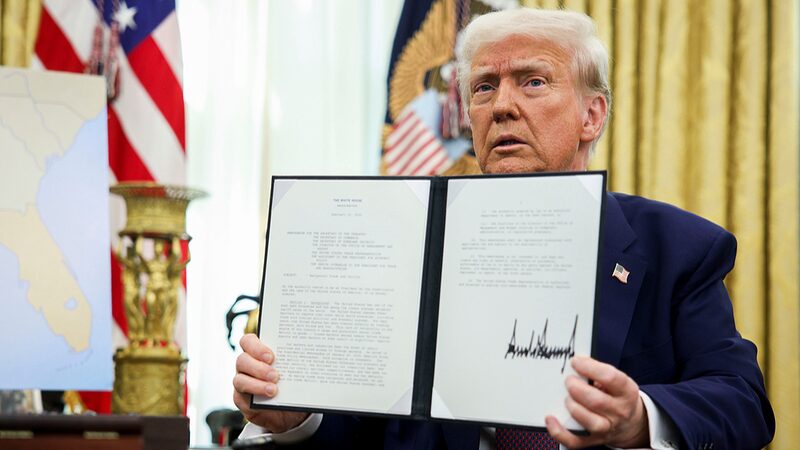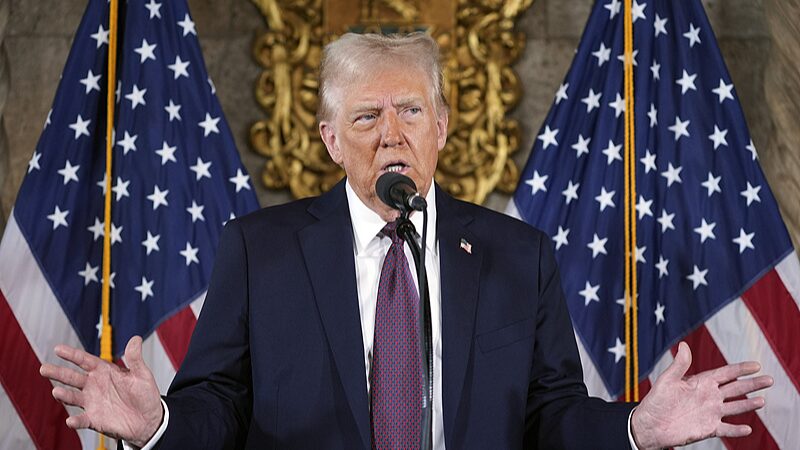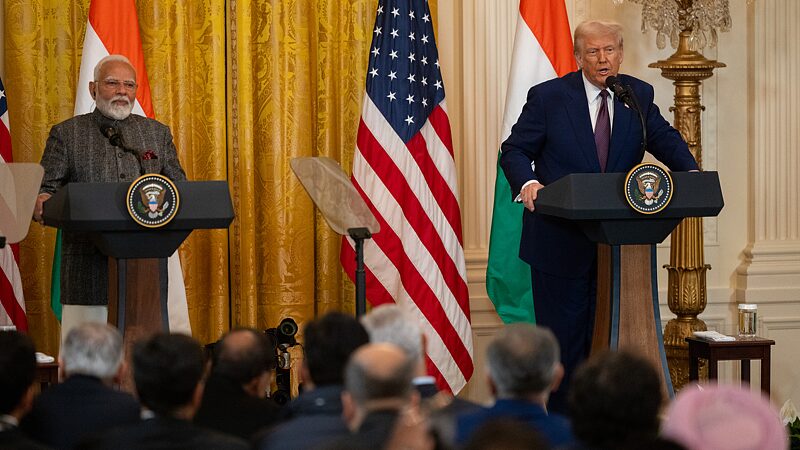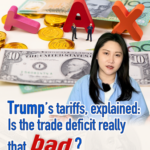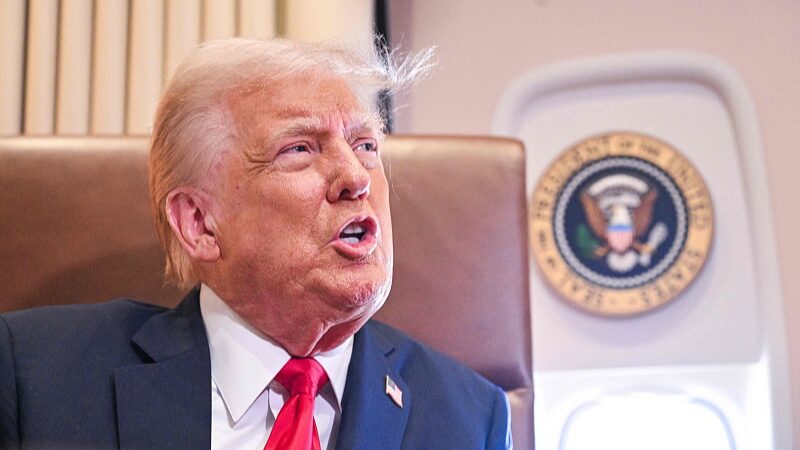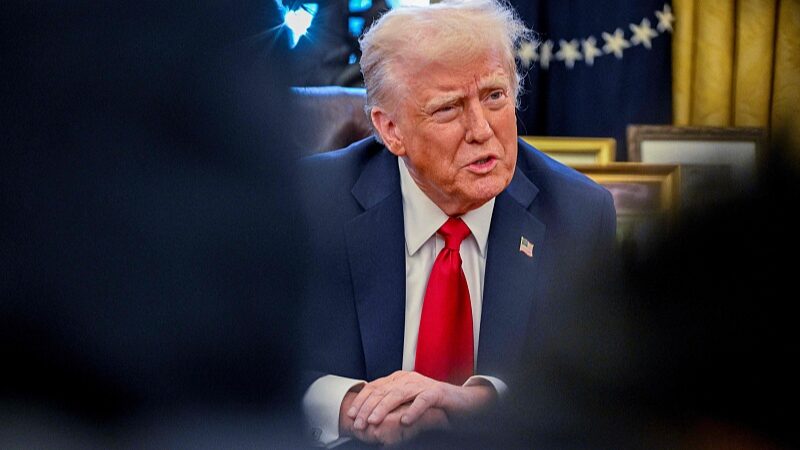U.S. President Donald Trump has officially signed a memorandum directing his administration to implement what he terms the \"Fair and Reciprocal Plan.\" This initiative seeks to address the United States' substantial and ongoing trade deficit by imposing reciprocal tariffs on foreign trading partners.
In a statement from the White House, Trump emphasized the plan's commitment to fairness in trade: \"I have decided for purposes of fairness, that I will charge a reciprocal tariff – meaning whatever countries charge the United States of America, we will charge them no more, no less. In other words, they charge us a tax or tariff and we charge them the exact same tax or tariff. Very simple,\" he explained.
The memorandum outlines a comprehensive approach to counteract non-reciprocal trading arrangements. Under the new policy, the administration will diligently assess and determine the equivalent reciprocal tariffs for each foreign trading partner, aiming to create a balanced and fair trading environment.
Economist Gary Clyde Hufbauer, a nonresident senior fellow at the Peterson Institute for International Economics, commented on the move, stating, \"With reciprocity, as defined by Trump, U.S. tariffs would probably on average 10 to 15 percentage points higher. In my opinion, tariffs actually hurt the U.S. economy, so while they would raise revenue … they would reduce GDP growth.\"
Analysts express concern that redefining "reciprocity" on a line item basis rather than an overall balance could undermine traditional World Trade Organization (WTO) principles. This shift may lead to increased trade tensions and prompt other nations to implement countermeasures in response to the United States' tariff increases.
Reference(s):
Trump signs plan to impose 'reciprocal' tariffs on trading partners
cgtn.com
